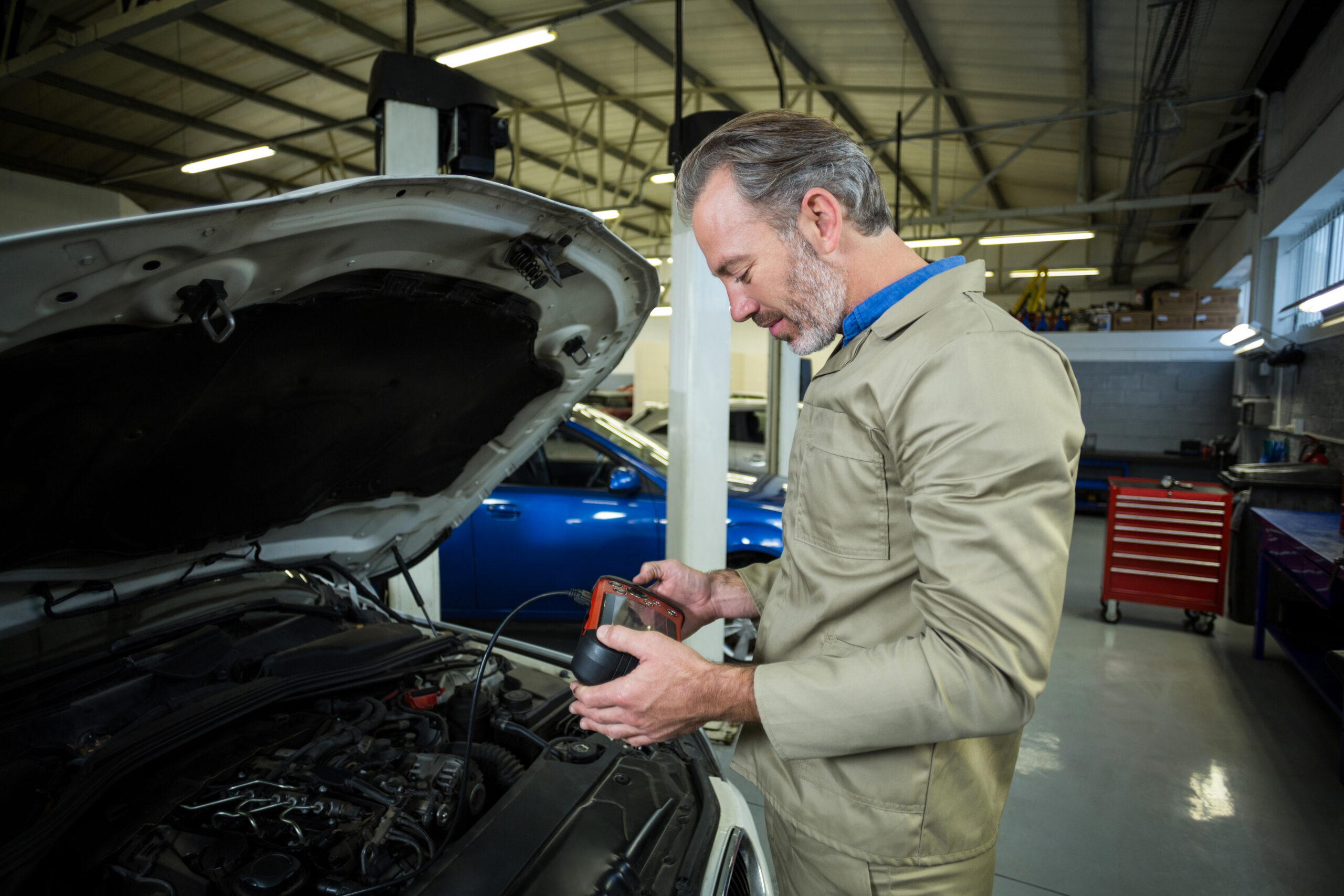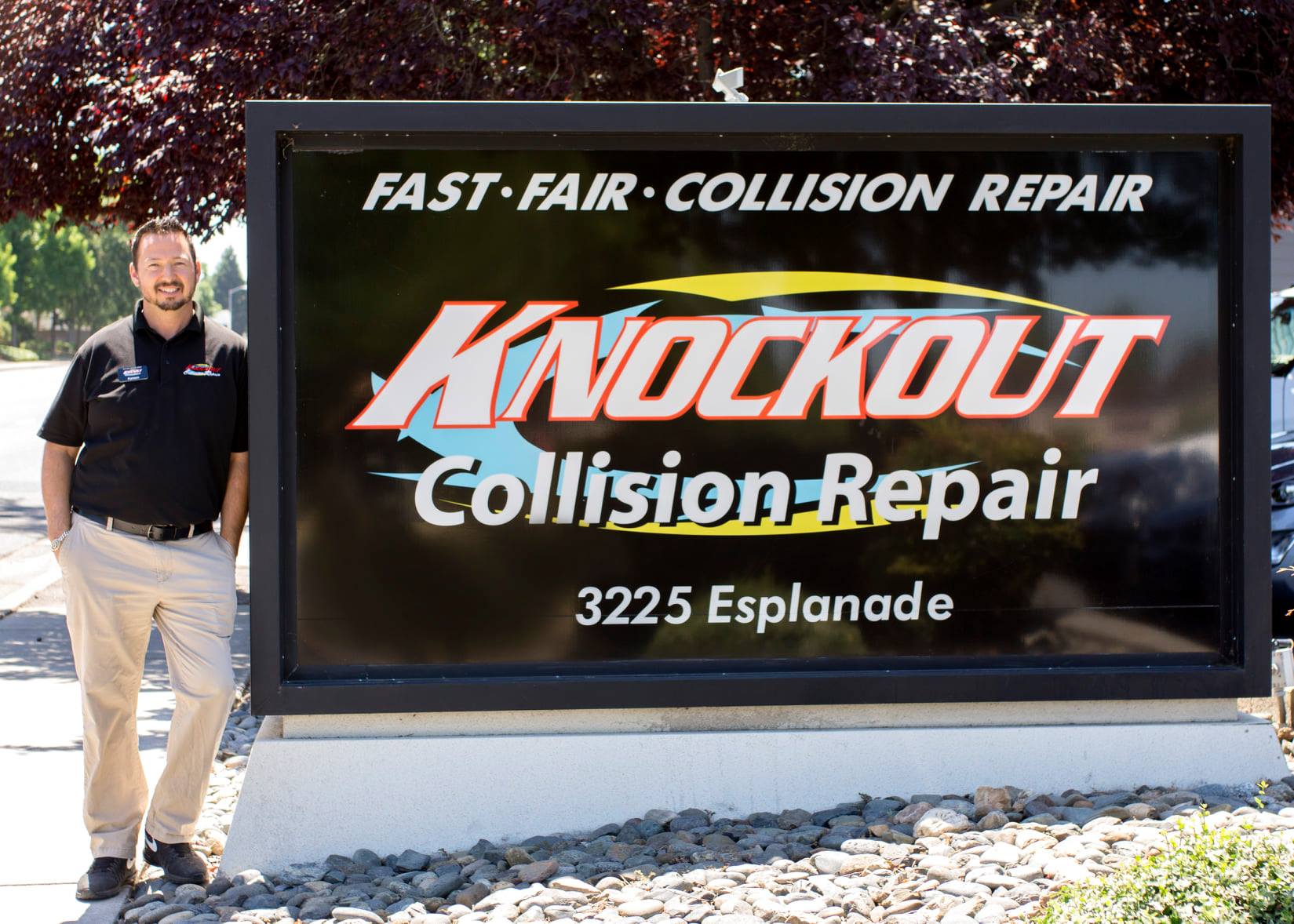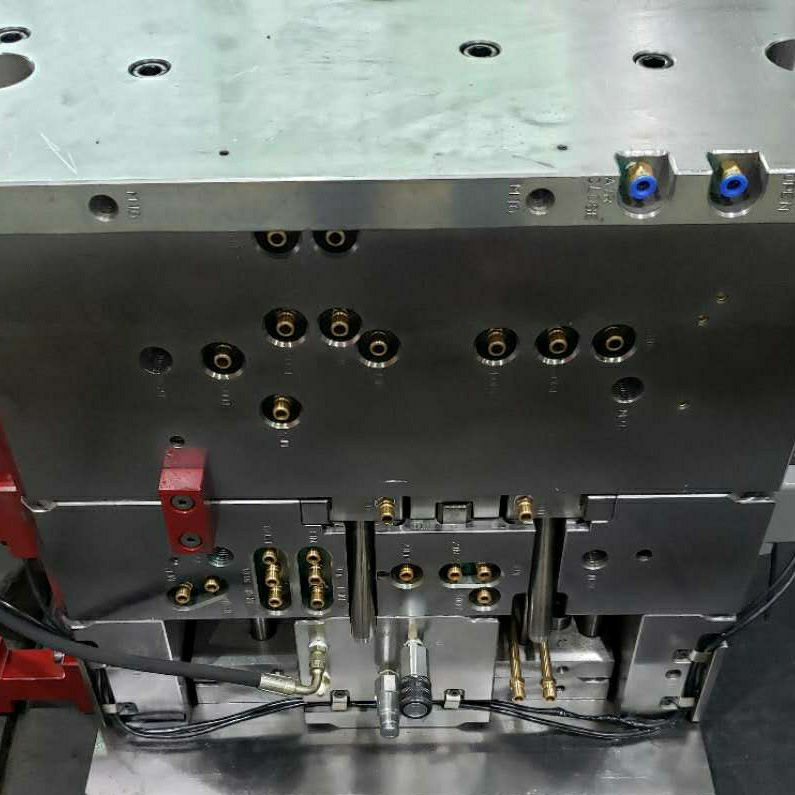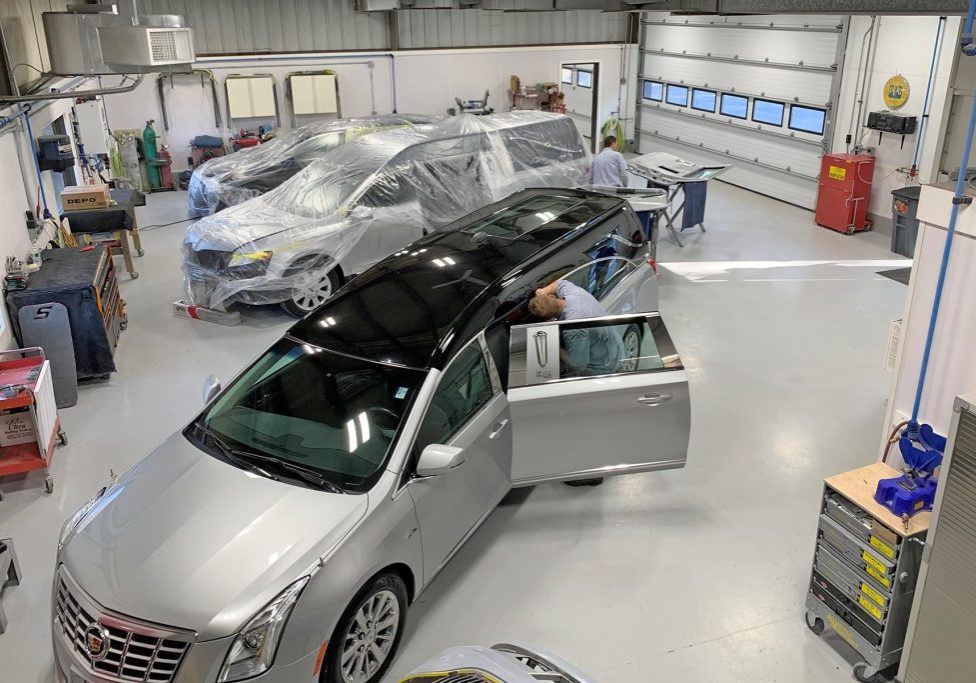Auto electrical systems are crucial for the smooth functioning of modern vehicles. They control everything from starting the engine to powering lights and in-car entertainment systems. When these systems fail, it can lead to significant inconvenience and even safety issues. This article delves into the importance of auto electrical repairing, the common issues faced, and the comprehensive approach needed to keep your vehicle in top condition. We’ll also explore the role of auto body repair shops in maintaining the overall health of your vehicle.
Comprehending Automotive Electrical Systems
Important Auto Electrical System Components
The auto electrical system in a vehicle is made up of several key components, including:
- Battery: Provides the necessary power to start the vehicle and run electrical components when the engine is off.
- Alternator: Charges the battery and powers the electrical system when the engine is running.
- Starter Motor: Initiates the engine’s operation.
- Fuses and Relays: Protect electrical circuits and control the flow of electricity.
- Wiring and Connectors: Transmit electrical power and signals throughout the vehicle.
Typical Car Electrical Problems
Understanding common electrical issues can help in diagnosing and repairing problems effectively. Among the common issues are:
- Dead Battery: Often caused by a faulty alternator, leaving lights on, or an old battery.
- Faulty Alternator: This leads to the battery not charging, resulting in dim lights and other electrical failures.
- Blown Fuses: These can cause specific electrical components to stop working.
- Malfunctioning Starter Motor: Prevents the engine from starting.
- Wiring Issues: This can lead to shorts, causing various electrical failures and potential safety hazards.
The Importance of Auto Electrical Repairing
Ensuring Vehicle Safety
A well-maintained electrical system is vital for the safety of your vehicle. Problems such as faulty lights or malfunctioning warning systems can lead to dangerous driving conditions.
Enhancing Performance and Reliability
Regular maintenance and timely repairs ensure that all electrical components function correctly, enhancing the overall performance and reliability of your vehicle.
Preventing Costly Repairs
Addressing minor electrical issues promptly can prevent them from escalating into more severe problems that require costly repairs.
Improving Fuel Efficiency
An optimally functioning electrical system can contribute to better fuel efficiency by ensuring that the engine and other critical components operate smoothly.
Comprehensive Approach to Auto Electrical Repairing
Regular Maintenance and Inspection
Regular maintenance and inspection of your vehicle’s electrical system can help identify and address potential issues before they become serious problems.
- Battery Checks: Frequently assess the charge and state of the battery.
- Alternator Testing: Ensure the alternator is functioning correctly to keep the battery charged.
- Wiring Inspection: Look for signs of wear and tear or damage in the wiring.
- Fuse Box Examination: Check the fuse box for blown fuses or corroded connections.
Diagnosing Electrical Problems
Diagnosing electrical issues requires a systematic approach and often specialized equipment. Here are some steps involved:
- Visual Inspection: Start with a visual inspection of the battery, wiring, and fuses.
- Use of Diagnostic Tools: Utilize multimeters and diagnostic scanners to identify specific problems.
- Component Testing: Test individual components such as the alternator, starter motor, and battery.
Common Repair Techniques
Once the issue is diagnosed, appropriate repair techniques are applied to resolve the problem:
- Battery Replacement: If the battery is dead or not holding a charge, replacement is necessary.
- Alternator Repair or Replacement: Fix or replace a faulty alternator to ensure proper battery charging.
- Fuse Replacement: Replace blown fuses to restore functionality to electrical components.
- Wiring Repairs: Fix or replace damaged wiring to prevent shorts and electrical failures.
Advanced Solutions for Complex Problems
For more complex issues, advanced solutions might be required:
- ECU Repairs: The Engine Control Unit (ECU) is a critical component of modern vehicles, controlling various functions. Repairing or reprogramming the ECU may be necessary.
- Sensor Replacements: Modern vehicles have numerous sensors that monitor and control different functions. Faulty sensors need to be identified and replaced.
- Software Updates: Sometimes, updating the vehicle’s software can resolve electrical issues.
The Role of Auto Body Repair Shops
Comprehensive Vehicle Care
Auto body repair shops play a crucial role in maintaining the overall health of your vehicle, including its electrical systems. They offer comprehensive care that goes beyond just fixing dents and scratches.
Integrated Repairs
Modern auto body repair shops integrate electrical repairs with other services, ensuring that all aspects of the vehicle are functioning correctly.
- Collision Repairs: Electrical systems can be affected during collisions. Auto body repair shops check and repair any electrical damage as part of their collision repair services.
- Painting and Electrical Work: During repainting, ensuring that all electrical components are reconnected correctly is essential.
Expertise and Equipment
Auto body repair shops are equipped with the necessary tools and expertise to handle complex electrical repairs, ensuring that your vehicle is restored to its optimal condition.
Customer Education and Support
Many auto body repair shops also educate their customers about the importance of regular maintenance and how to spot early signs of electrical issues.
Tips for Choosing the Right Auto Electrical Repair Shop
Look for Experience and Expertise
Choose a repair shop with experienced technicians who specialize in auto electrical systems. Their knowledge guarantees precise diagnosis and efficient fixes.
Check for Certifications
Certifications from recognized automotive organizations indicate that the repair shop meets high standards of quality and professionalism.
Read Reviews and Testimonials
Customer reviews and testimonials provide insights into the reliability and quality of service offered by the repair shop.
Evaluate the Range of Services
Opt for a repair shop that offers a wide range of services, including both electrical and mechanical repairs. This ensures comprehensive care for your vehicle.
Consider the Use of Advanced Technology
Modern vehicles often require advanced diagnostic tools and repair techniques. Ensure the repair shop uses the latest technology to handle complex electrical issues.
Assess Customer Service
Good customer service is essential for a positive repair experience. Choose a shop that values customer satisfaction and provides clear communication throughout the repair process.
Conclusion
Auto electrical repair is a critical aspect of vehicle maintenance that ensures safety, performance, and reliability. By understanding the key components and common issues of auto electrical systems, vehicle owners can better appreciate the importance of regular maintenance and timely repairs. Choosing the right auto electrical repair shop, equipped with experienced technicians and advanced technology, can make all the difference in keeping your vehicle in top condition. Whether you’re dealing with a dead battery, a faulty alternator, or wiring issues, a comprehensive approach to auto electrical repair will ensure your vehicle runs smoothly and safely.




